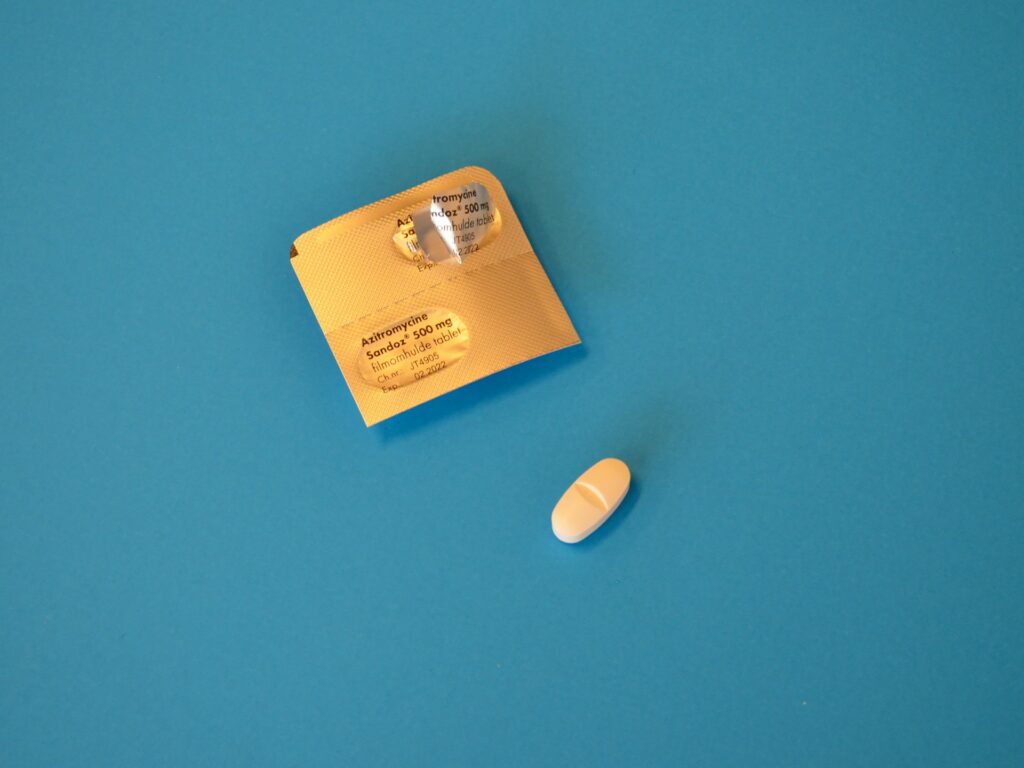Cutting Years Off the Time It Takes to Develop New Medicines Through AI-Driven Drug Discovery

Cutting Years Off the Time It Takes to Develop New Medicines Through AI-Driven Drug Discovery
It has always been a race against time, and often against biology itself, when it comes to the development of new drugs. The development of a new pharmaceutical typically takes around ten years, and sometimes even longer, and costs billions of dollars. This is because the process begins with an idea in a laboratory and ends with a pill being sold in a pharmacy. However, in recent years, a revolutionary phenomenon known as artificial intelligence has made its way into this world that moves at a snail’s pace. Through the analysis of massive amounts of biological data, the prediction of how molecules will behave, and the identification of interesting compounds in record time, artificial intelligence is not only assisting scientists in working more efficiently; it is also transforming the way in which we find new medications.
Why the Discoveries of New Drugs Have Been So Slow
The process of discovering new drugs has always been conducted in a sequential and rigorous manner. Molecular illness analysis is the first step that researchers do in order to identify possible biological targets for their research. After that, they proceed to screen hundreds of thousands of compounds in the goal of discovering one that interacts with the target in a way that is both effective and safe. It is necessary for a candidate to go through numerous rounds of clinical trials, each of which is meant to assess the candidate’s safety, efficacy, and side effects in progressively bigger groups of people. This is the case even when the candidate seems to be promising in the laboratory.
It is not only a long procedure, but it is also a perilous one. During the later stages of development, many candidates are unsuccessful, often after years of labor and substantial expenditure. However, as a consequence of this, only a tiny percentage of compounds ever end up being authorized as medications.
AI: Transforming Data into Discovery is Here to Help
By handling data challenges that were earlier thought to be insurmountable, artificial intelligence is bringing about a change in this situation. Biological systems are extraordinarily complicated, since they include an infinite number of interactions between genes, proteins, and influences from the surrounding environment. The ability of artificial intelligence algorithms to swiftly recognize patterns that could take human researchers months or even years to recognize is a result of their training on vast datasets consisting of previous experiments, published research, and real-world health data.
For instance, artificial intelligence algorithms may simulate the interactions between thousands of chemicals digitally, therefore identifying the most promising possibilities for future testing. This eliminates the need to physically test thousands of compounds. This does not eliminate the need for laboratory and clinical work; nonetheless, it significantly narrows the area, which saves not only time and money but also, in many cases, lives.
Bringing down the length of timescales from years to months
The process of locating and perfecting a “lead compound” might take years to complete when using the conventional method. by forecasting how alterations to a molecule can enhance its characteristics, artificial intelligence can reduce this time period to a matter of months. Once a possible treatment has entered clinical trials, artificial intelligence may also assist in the design of better studies, the identification of patient categories who may benefit the most, and even the early detection of any adverse effects.
These advancements not only indicate that science is advancing at a quicker pace, but they also mean that whole new kinds of drugs, which were long considered to be extremely difficult to produce, are suddenly within reach.
Influence in the Real World and Initial Achievements
Despite the fact that AI-powered drug discovery is still in its infancy, it is already demonstrating promising results. There have been some medication candidates found by AI that have proceeded into clinical trials far more quickly than is typical. A number of them were discovered in a matter of months rather than years, which is a source of optimism for illnesses that have few therapy alternatives.
Artificial intelligence is increasing not just in terms of speed but also in terms of where scientists look. Artificial intelligence (AI) provides a new source of hope for uncommon illnesses and ailments that have not attracted conventional pharmaceutical investment. This is accomplished by sorting through compounds that have been neglected or by uncovering existing medications that might be repurposed.
Existence of Obstacles and Questions of Ethics
Obviously, artificial intelligence is not a panacea. Predictive models are only as accurate as the data that they are based on, therefore human monitoring is still necessary with predictive models. There are other issues of an ethical nature: If a medication was found by AI, who owns it? What steps can we take to guarantee that these advancements are beneficial to patients all throughout the world, not just those in developed nations?
These problems are still being worked through by researchers, regulators, and politicians simultaneously. But despite these obstacles, there is no denying the momentum that has been gained.
In the Future: A New Era in the Field of Medicine
Imagine a future in which therapies for newly discovered illnesses might be created within a few months of their discovery, or in which unusual ailments would not be ignored because artificial intelligence has made it possible to identify answers more quickly and at a lower cost. Drug discovery that is driven by artificial intelligence is bringing this future closer, making it not just a technology advance but also a fundamentally human one. In this future, innovation will immediately translate into health improvements and the saving of lives.
In the field of medicine, time has always been an important factor. We may finally be able to turn the clock in our favor thanks to artificial intelligence.




